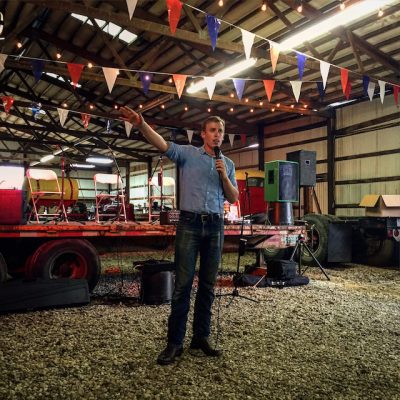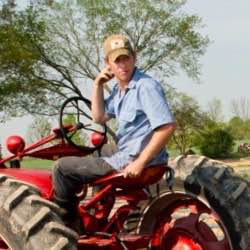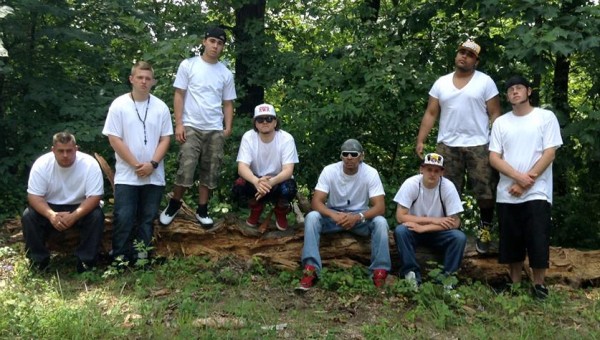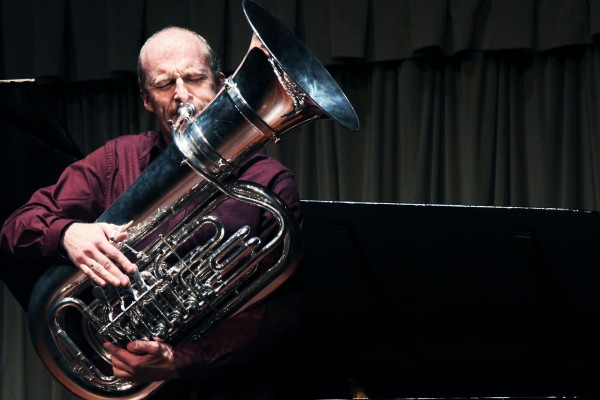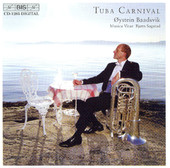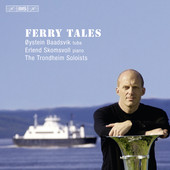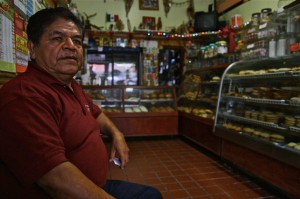A DREAMLAND PODCAST – John Russell is 26 and an organic farmer, raising melons in rural Ohio, not far from Columbus. This year he ran for the Ohio state legislature as a Democrat – and lost badly.
I had the chance to talk with Russell today.
We had a wide-ranging conversation, about his decision to go into farming, about his campaign, about Donald Trump, as well as job loss and opiate addiction in America’s Heartland, PC culture, the challenges Democrats face in rural areas.
He’s one of the few, it seems, to go away to college then return to a rural community. So many towns have lost young people to the cities where the jobs are.
We talked about that as well, and about what happened to guys on his high school football team.
[soundcloud url=”https://api.soundcloud.com/tracks/297915557″ params=”color=ff5500&auto_play=false&hide_related=false&show_comments=true&show_user=true&show_reposts=false” width=”100%” height=”166″ iframe=”true” /]
This is the first interview I did like this, via Skype, so I’m still working out the kinks, and there are a few buzzes and etc. So please bear with me.
Meanwhile, contact him at www.johnrussell.info, and follow him on Twitter: @JCruss

